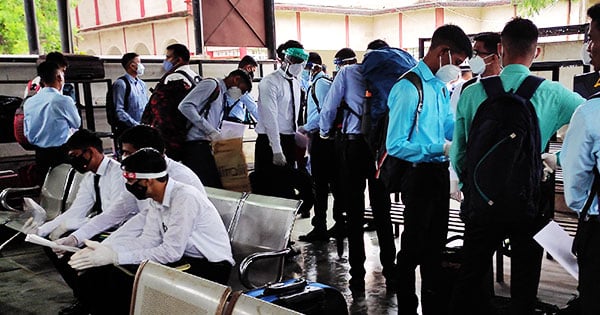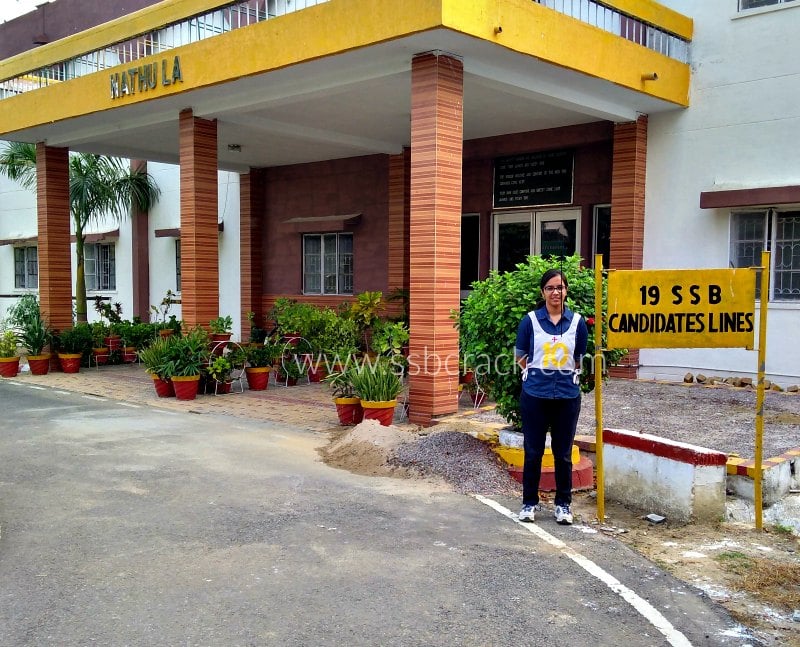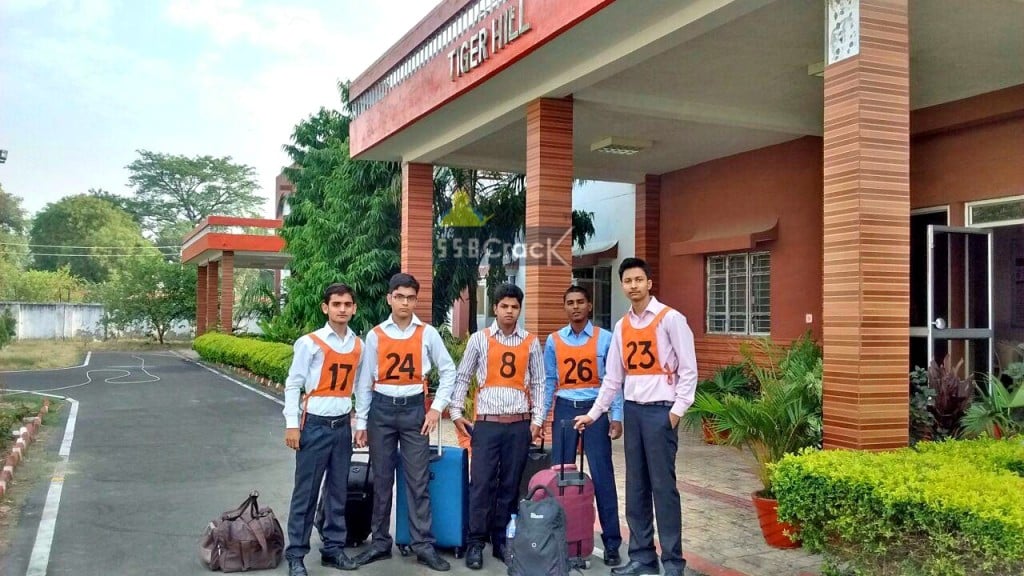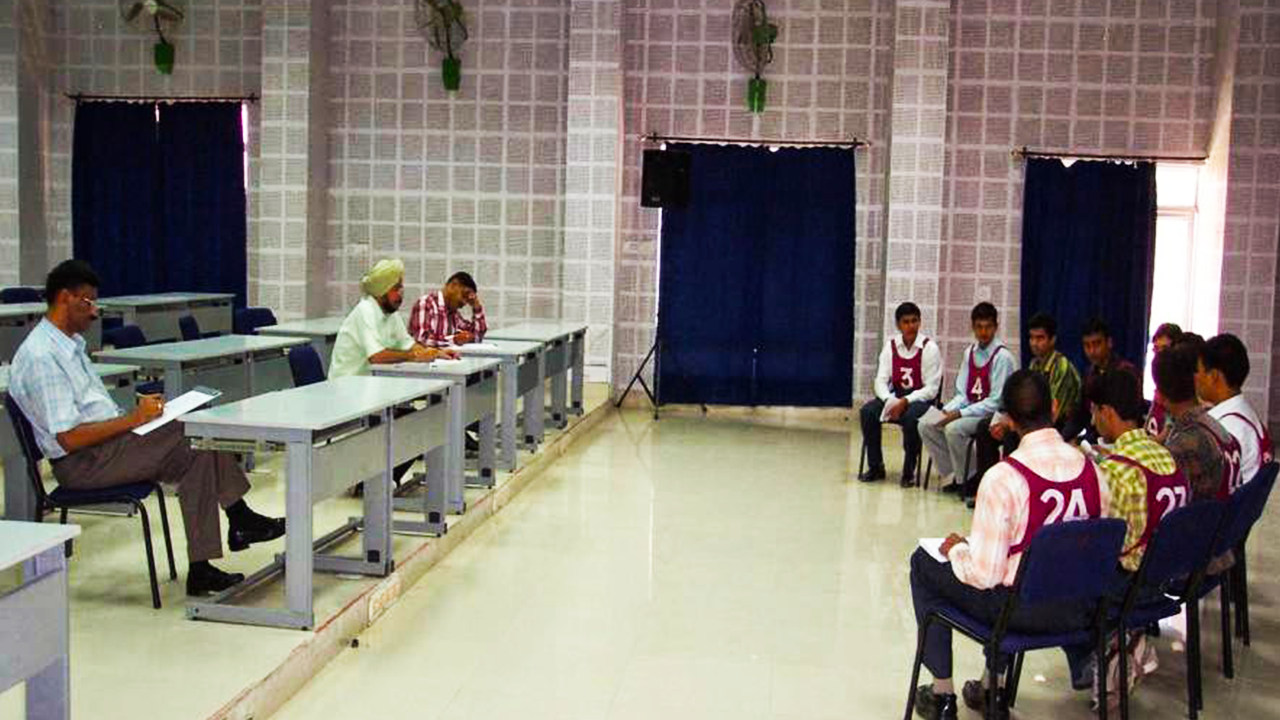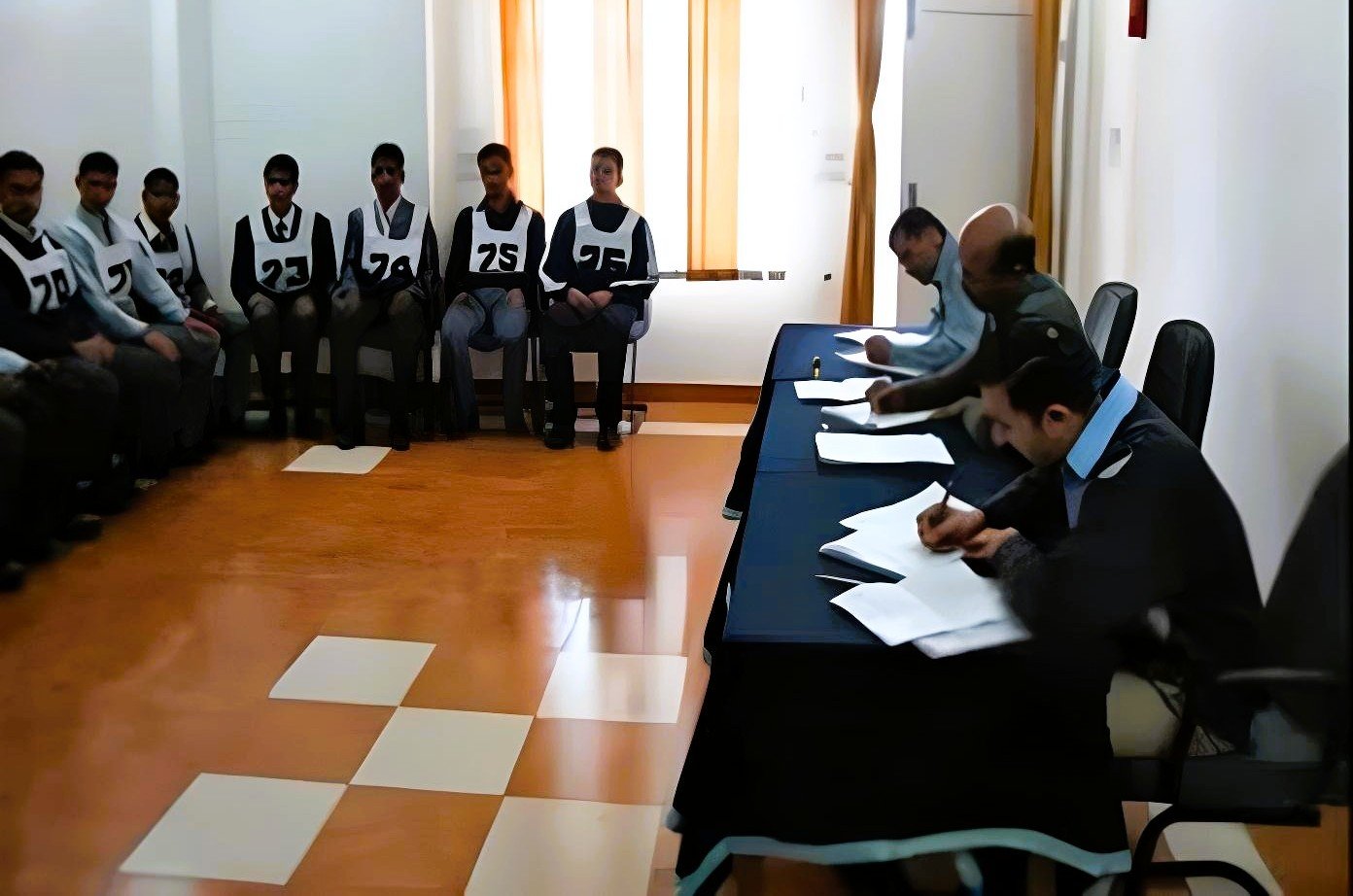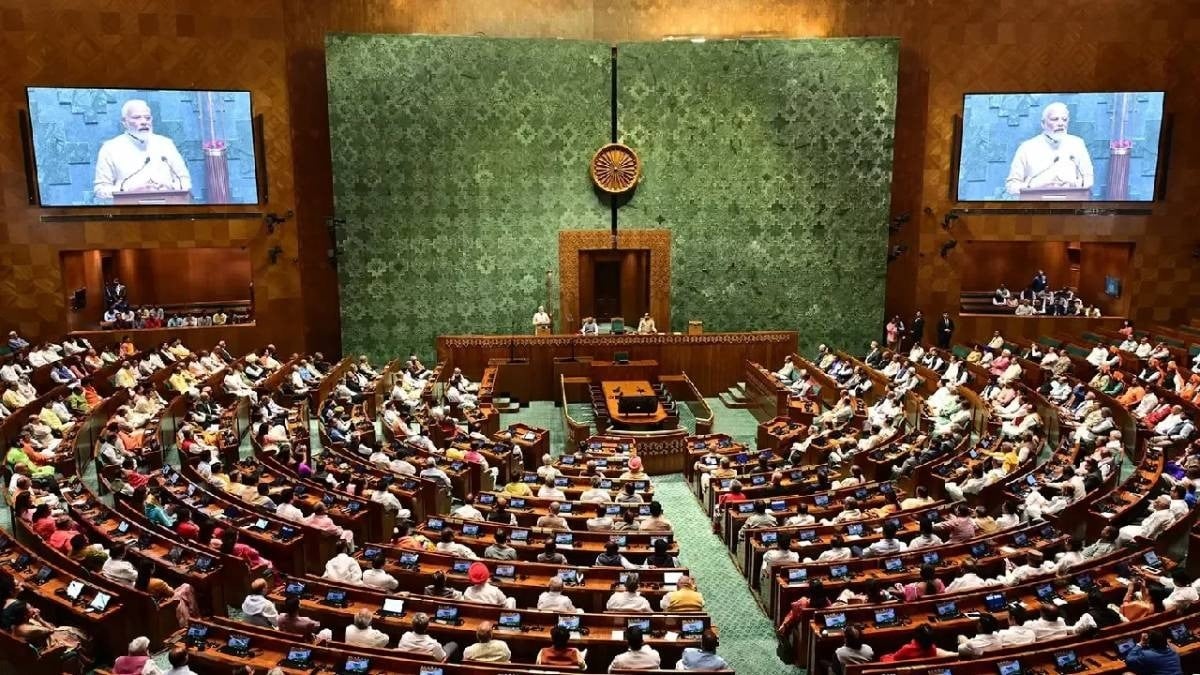The Services Selection Board (SSB) is an integral part of the recruitment process for the armed forces in India, tasked with evaluating candidates for their suitability in various roles. Among the different assessments, the psychological test plays a crucial role in determining a candidate’s mental agility, personality traits, and overall suitability for a military career. But what exactly do SSB psychologists look for during these tests? Let’s decode the process.
Understanding the Psych Tests in SSB
Psychological assessments in the SSB primarily consist of Personality Tests, Intelligence Tests, and Projective Tests. The aim is to evaluate candidates not just on their cognitive capabilities but also on their psychological resilience, moral values, and interpersonal skills.
1. Personality Tests
Personality tests are designed to assess various traits such as leadership potential, emotional stability, adaptability, and team orientation. Commonly employed techniques include:
-
Thematic Apperception Test (TAT): Candidates are shown a series of ambiguous images and asked to create stories around them. Psychologists look for underlying themes, personal values, and coping mechanisms in the narratives.
-
Word Association Test (WAT): In WAT, candidates respond to a series of words with the first word that comes to mind. This reveals instincts, attitudes, and thought processes that shape their responses to stimuli.
- Situation Reaction Test (SRT): Here, candidates are presented with various hypothetical scenarios and must describe how they would react. This evaluates decision-making skills, ethical considerations, and emotional responses.
2. Intelligence Tests
In addition to personality assessments, cognitive capabilities are tested through various means:
- Verbal and Non-Verbal Reasoning: Examining logical reasoning and problem-solving abilities, these tests indicate how quickly and effectively a candidate can process information.
3. Projective Tests
These tests lean on the interpretation of ambiguous stimuli to understand deeper psychological traits:
- Draw-a-Person Test: Candidates are asked to draw a person in a given context, which can provide insights into their self-image, coping abilities, and interpersonal relationships.
What Psychologists Are Really Assessing
While the tests may seem straightforward, they are deeply revealing. Here’s what SSB psychologists are keenly observing:
A. Adaptability and Resilience
Military careers involve significant challenges and unpredictability. Psychologists look for candidates who show flexibility in thought and can adapt their strategies in response to changing circumstances.
B. Leadership and Teamwork
Given the importance of collaboration in military operations, SSB psychologists seek candidates who demonstrate leadership qualities and an ability to work effectively within a team. This includes assessing how well candidates listen, communicate, and support peers.
C. Ethical Judgment and Integrity
The moral compass of a candidate is paramount. Psychologists analyze responses to various scenarios to gauge how candidates prioritize ethical considerations and integrity in decision-making.
D. Emotional Stability
High-pressure situations are characteristic of military life. Evaluating emotional regulation and temperament helps identify candidates who can remain composed and make rational decisions under stress.
E. Self-Awareness and Personal Growth
Candidates who can reflect on their behaviors and motivations are likely to be more open to personal development. Psychologists look for signs of introspection and a growth mindset.
Conclusion
Understanding the underlying principles of SSB psychological tests can demystify the evaluation process for candidates. By focusing on adaptability, leadership, ethical judgment, emotional stability, and self-awareness, SSB psychologists are committed to selecting individuals who can not only survive the rigors of military life but thrive in them.
For candidates preparing for the SSB, the key lies in self-reflection, practice, and presenting their true selves, as authenticity is the strongest asset during these evaluative tests.
